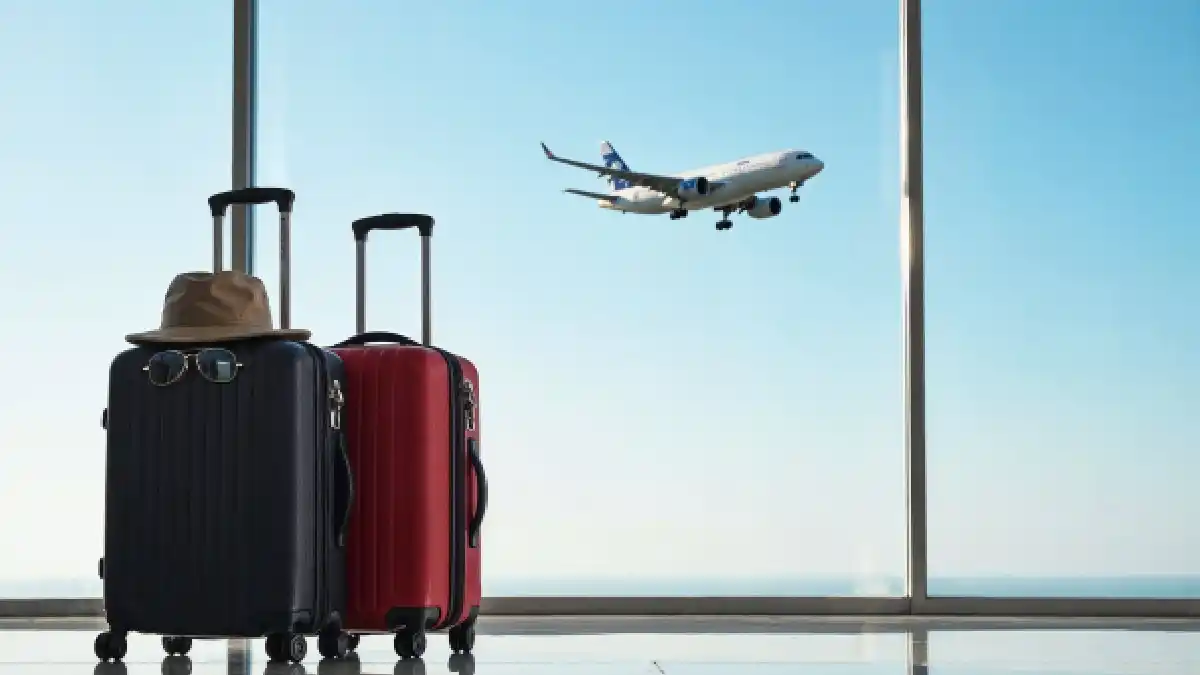If you’ve got a knack for adventure, like organising desert safaris, city tours, or luxury yacht trips, and you’re dreaming of turning that into a business in Dubai, this article is for you. The city witnesses over 17 million visitors a year, from thrill-seekers to culture lovers, making it a perfect destination for tourism startups. However, setting up a business in Dubai is not everyone’s cup of tea; it takes some smart planning, from paperwork to picking the right spot. I’ll guide you through how to get started, the best areas to set up, legal hurdles to watch, and other must-knows like costs and tips.
Also Read: How to Setup a Restaurant Business in Dubai? A Quick Guide
Why Start a Tourism Business in Dubai?
Picture Dubai as a playground for tourists: It’s got the world’s tallest building, man-made islands, and endless events; it is just magical. In addition, the city is at the crossroads of Europe, Asia, and Africa, with over 66% of the global population just an 8-hour flight away. Plus, it’s super safe, with low crime rates, and has year-round sunny weather.
The UAE government is very supportive and loves tourism; it’s a key part of the economy, backed by policies that make setting up business easier for foreigners. For example, if you’re into eco-tours or food adventures, you could tap into trends like sustainable travel, which is booming here.
But success means understanding the market: Research what visitors want, like family-friendly outings or luxury escapes, to stand out from the crowd.
Best Regions to Set Up Your Tourism Business
Location matters big time; go where the crowds are for easy customers. Here are top picks for tourism ventures.
Downtown Dubai (Burj Khalifa Area):
Downtown Dubai is perhaps the most attractive landmark in Dubai. It’s perfect for high-end tours, with high foot traffic. Fun fact: It drew 12% of new business licenses recently.
Dubai Marina:
Marina is Ideal for waterfront activities like boat tours; it is packed with expats and visitors, and office rentals in this area are quite affordable.
Business Bay:
It is a great place for office-based agencies targeting business travellers. With good connectivity to both residential and office areas, it attracts an audience that is high-ticket.
Also Read: What are Recruitment Agencies? How do they work in the UAE?
Jebel Ali Free Zone (JAFZA):
Setting up a business in Jafaza economic zone can turn out to be budget-friendly for logistics-heavy tourism like transport services, with tax breaks. Try it!
Al Garhoud:
Al Garhoud is near the airport; it’s super comfortable for inbound operators, and may be for your business if you’re looking for a foreign audience. In addition, it is also a top spot for new business, with 15% of licenses.
The Main Licenses You’ll Need
Getting licenses is not tricky; however, I’ll break these down by what your business does, like handling local tours or international trips. You typically start with a general Trade License, then add tourism-specific ones.
Trade License:
This is your foundation, issued by DED. It lets you run any business in Dubai, including tourism. For example, if you’re starting a small agency for flight and hotel bookings, you’d get this under a “commercial” category to cover sales and services.
Tourism License (from DTCM):
Tourism licenses are mandatory for any tourism-based agency in Dubai. It’s mandatory for activities like selling tour packages, arranging visas, or organising events. There are three main types, each fitting different vibes:
Also Read: What is the Small Business License Costs in Dubai? How to Get?
Inbound Tourism License:
For businesses handling tours inside Dubai, like city exploration or cultural trips. Great if you’re focusing on visitors arriving here, think about arranging desert adventures for tourists.
Outbound Tourism License:
For selling trips outside the UAE, such as packages to Europe or Asia. If your agency helps locals book international getaways, this is your pick.
Travel Agency License:
Covers general services like booking flights, hotels, car rentals, or insurance. It’s ideal for a one-stop shop handling both inbound and outbound needs.
Also Read: Emirates ID Requirements: Everything You Need to Know
Documents You’ll Need to Gather
To apply, prep these basics, think of it as packing for a trip. You need to submit them to DED or DTCM via online portals. Examples include:
- Completed the application form with your business details.
- Passport copies and photos for all owners or managers.
- Proof of qualifications, like a manager’s experience certificate in tourism.
- No criminal record certificate for key people.
- No Objection Certificate (NOC) from the Civil Aviation Authority, especially if dealing with flights.
- Business plan outlining your services, like “We’ll book eco-tours for families”.
- Lease agreement for your office space (even a shared desk works for starters).
- Financial proofs, such as bank statements, showing you can cover costs.
For a small inbound agency, you might skip some if you’re solo, but always include insurance details for client protection.
Legal Challenges and How to Handle Them
UAE’s regulations keep things safe and fair, but they can trip you up if you’re not careful. The DTCM oversees everything, requiring strict adherence to standards like consumer protection.
Keep in mind that you need to get a no-objection certificate if needed, and ensure no criminal records for owners. Foreign ownership is easier now, but mainland business setup might still need a local agent in some cases. Watch for renewals; missing them could shut you down.
Also Read: Easiest Way To Setup A Digital Marketing Agency in Dubai
Tips to Make It Smooth and Realistic
Recently, the UAE government has made it quite easy to get a license, with no more big bank guarantees or strict office size rules, so startups can save money. However, you need to start small: If you’re testing with online bookings, an outbound license might cost less than a full inbound one with vehicles. And remember, these licenses ensure you’re credible; clients trust agencies with them more.
